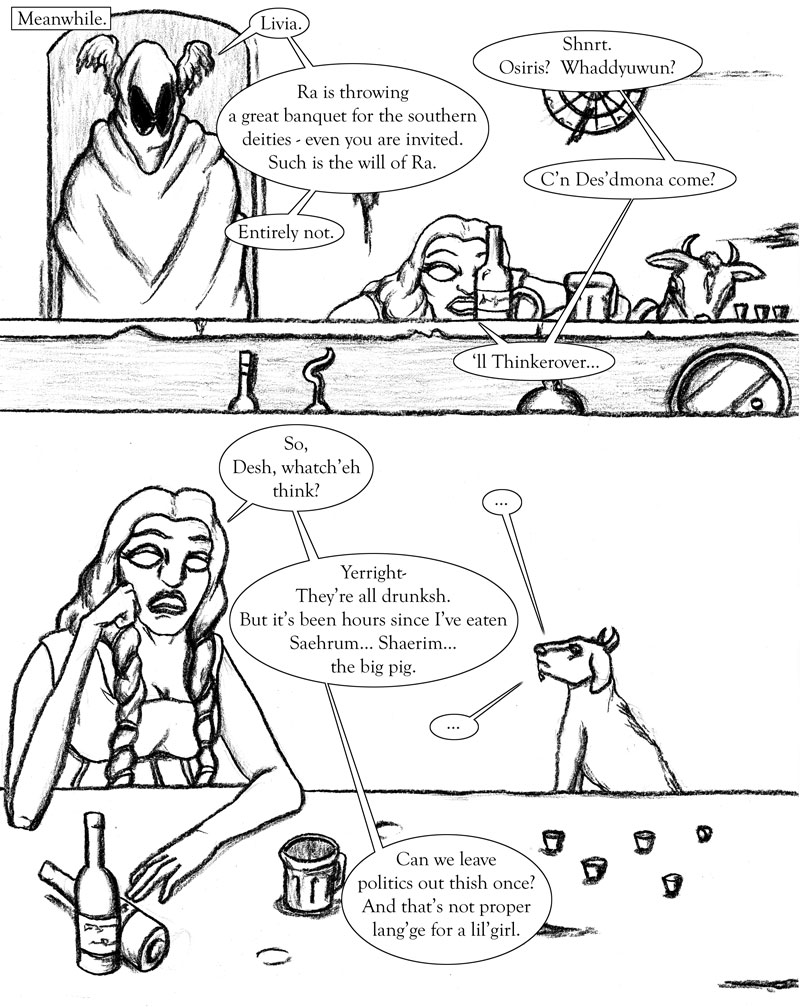|
Excersus LVII: Very Nearly All Are Welcome




As part of my day to day existence, I'm a science and math teacher at a small Buddhist school. This year, my classroom hosts both my classes and the Buddhism Studies classes, so I get to catch the end of a fair number of sessions. A couple of days ago, the Buddhism teacher gave me a print-out of this. He knows that I am an atheist, but am always happy to see awesome things in world thought. This particular parable contains just such awesomeness, and it's the sort of thing that can only happen in Buddhism. The idea of the teacher as essentially adversarial - that your job is to break down your student's previously held beliefs, no matter what they are or if you happen to agree with them, so that they can start from scratch entirely on their own, is downright Cartesian. Better than Cartesian, really, in that Descartes followed up his destructive project with a constructive one that just happened to match with what he wanted to be true, while here the end state is "Nothing is sure - now go figure things out for yourself."
I am not a Buddhist - like Captain James T. Kirk, "I need my pain." I tend to pursue attachment, and yes there is a massive amount of suffering that comes with that, but there is beauty in the suffering. To reveal myself as even more of a nerd than the first sentence of this paragraph implied, after watching the last David Tennant episode of Dr. Who, I was in a mild funk for longer than I reasonably ought to have been - a totally irrational state of mourning at the loss of a fictional character that had a depressive influence on those days. But then I found other people who had felt something akin to that too, and the bond that forms through that is something good and lovely, and more than compensates for the pain. That example is somewhat deliberately low-level, and I'm not going to offer any sort of rigorous argument that it can be scaled upwards to higher attachments and their necessarily higher sufferings. I can say that, personally, since I enjoy attachment very much, and I eventually find good in most pain, a philosophy of detachment doesn't appeal to me as a life path. But I can easily see that, with the same intellectual configuration and a different psychological one (i.e. knowing the same things but having different life drives), I could be comfortable associating myself somehow with aspects of (classical) Buddhism, in so far as it is argumentative and deliberative rather than dogmatic, and agnostic / atheistic rather than theogonic. As to the variations of Buddhism that place sure statements about deities and mystic ritual back into the discussion about What One Is To Do With This Life Thing You've Got, well, then you're back to the problems of Hinduism, which are still as nothing next to the fundamental weaknesses of the monotheistic religions, but are significant all the same.
- Count Dolby von Luckner
|



